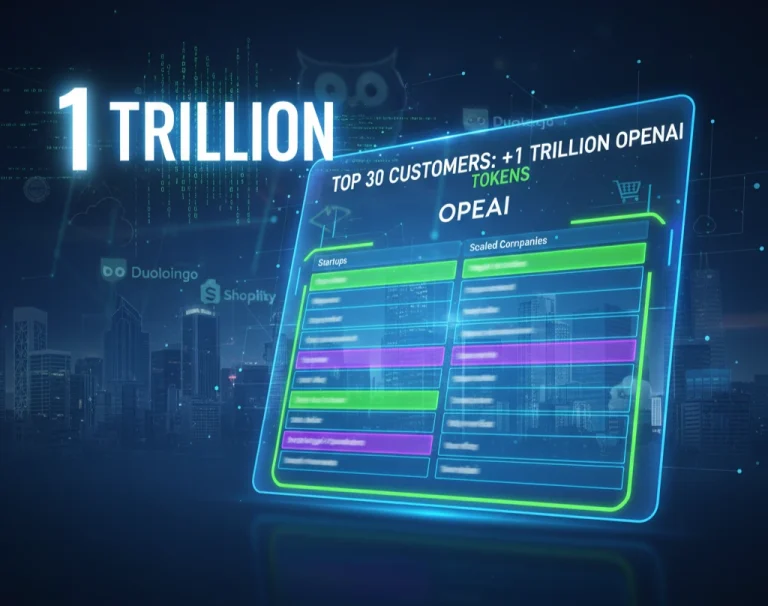
The digital landscape is constantly evolving, and at its forefront lies cryptocurrency – a revolutionary force reshaping finance, technology, and beyond. What once seemed like a niche concept for tech enthusiasts has rapidly transformed into a global phenomenon, empowering individuals and industries with unprecedented levels of creativity and efficiency.
But what exactly is this crypto world everyone’s talking about? How can you navigate its complexities, understand its potential, and perhaps even leverage it for your benefit? This comprehensive guide is designed to be your ultimate resource, breaking down everything you need to know about digital assets and their ever-expanding universe.
What Exactly is Cryptocurrency?
At its simplest, cryptocurrency is a digital or virtual currency secured by cryptography, making it nearly impossible to counterfeit or double-spend. Unlike traditional currencies (like USD or INR) issued and controlled by central banks, cryptocurrencies operate on decentralized networks, typically based on blockchain technology. This decentralization means no single entity controls them, fostering transparency and immutability.
Bitcoin, launched in 2009 by an anonymous entity known as Satoshi Nakamoto, was the first cryptocurrency. Since then, thousands of other cryptocurrencies, known as altcoins, have emerged, each with unique features and purposes.
Why Does the Crypto World Matter?
- Decentralization: It removes the need for intermediaries like banks, potentially reducing fees and increasing transaction speed.
- Transparency: All transactions are recorded on a public ledger (the blockchain), making them verifiable and auditable.
- Accessibility: Anyone with an internet connection can participate, making financial services accessible to the unbanked globally.
- Innovation: Crypto powers new financial systems (DeFi), digital ownership (NFTs), and immersive online experiences (Metaverse), driving innovation across various sectors.
- Inflation Hedge (Potential): For some, cryptocurrencies, particularly Bitcoin, are seen as a hedge against inflation and traditional economic uncertainties.
According to recent reports, the global cryptocurrency market size is rapidly expanding, projected to grow significantly in the coming years due to increasing institutional and international acceptance, the rise of decentralized finance (DeFi), and increasing interest in alternative investments. As of July 2025, the total crypto market capitalization has reached staggering new highs, with Bitcoin surpassing $120,000, driven by factors like spot ETF approvals and halving events.
The Underlying Technology: A Glimpse into Blockchain
The backbone of virtually all cryptocurrencies is blockchain technology. While complex, its core concept is relatively easy to grasp:
Imagine a digital ledger that is distributed across a vast network of computers. Every transaction is a “block” of data. Once a block is verified and added to the chain, it’s permanently linked to the previous blocks, creating an unbreakable, chronological record. This distributed and immutable nature makes it incredibly secure and transparent.
For a deeper dive into how this revolutionary technology functions, explore our detailed guide: Blockchain Explained: Crypto’s Core Tech.
How to Acquire & Manage Digital Assets
Getting started in the crypto world involves a few key steps. Primarily, you’ll need to use a cryptocurrency exchange to buy, sell, and trade digital assets. These can be centralized (like Coinbase or Binance) or decentralized (DEXs).
Once acquired, you’ll need a crypto wallet to store your assets securely. Wallets come in various forms, ranging from “hot” wallets (online, connected to the internet) to “cold” wallets (offline, physical devices that offer maximum security).
Ready to make your first crypto purchase? Our guide, Step-by-Step Guide How to Buy Cryptocurrency, walks you through every essential step.
Diverse Types & Common Use Cases in the Crypto World
Beyond Bitcoin, the crypto world is teeming with diverse digital assets, each serving different purposes:
- Altcoins: All cryptocurrencies other than Bitcoin, such as Ethereum (ETH), Solana (SOL), Cardano (ADA), and Ripple (XRP).
- Stablecoins: Cryptocurrencies designed to maintain a stable value, usually pegged 1:1 to a fiat currency like the US Dollar (e.g., USDT, USDC). They are crucial for trading and payments.
- DeFi Tokens: Power decentralized finance applications, enabling lending, borrowing, and trading without traditional financial intermediaries.
- NFTs (Non-Fungible Tokens): Unique digital assets representing ownership of items like art, music, collectibles, and even virtual land.
- Metaverse Tokens: Cryptocurrencies used within virtual worlds and metaverse platforms for transactions, governance, and digital property ownership.
The use cases are rapidly expanding. Cryptocurrencies are used for:
- Investment & Trading: As speculative assets or long-term investments.
- Payments & Remittances: Faster and cheaper cross-border transactions.
- Lending & Borrowing: Through DeFi platforms, earning interest or taking loans.
- Gaming & Digital Collectibles: Within blockchain-based games and for digital art.
- Governance: Participating in the decision-making of decentralized projects.
To explore these fascinating new applications in detail, read our blog: The Future of Crypto: DeFi, NFTs & Metaverse.
Navigating Security & Risks in the Crypto World
While the crypto world offers incredible opportunities, it’s not without its risks. The decentralized nature means you are often solely responsible for the security of your assets.
Common concerns include:
Volatility: Prices can fluctuate wildly in short periods.
Scams & Hacks: Phishing attacks, fake exchanges, and elaborate scams are prevalent. The crypto industry saw over $2.17 billion in thefts in the first half of 2025 alone, highlighting the constant threat.
Regulatory Uncertainty: The legal landscape is still evolving, which can impact asset values and accessibility.
Protecting your digital assets is paramount. Learn how to safeguard your investments by reading: Crypto Security Essentials: Protecting Your Digital Assets from Scams & Hacks.
The Future of the Crypto World
The crypto world is still in its nascent stages, yet its trajectory is undeniable. We’re seeing increasing institutional adoption, driven by the approval of spot ETFs, growing regulatory clarity in various regions, and continuous technological advancements. The convergence of AI and crypto, the rise of real-world asset tokenization, and the ongoing development of Layer-2 solutions promise even greater scalability and usability.
While challenges remain, the foundational shift towards a more open, transparent, and decentralized financial system driven by digital assets is well underway. The continued evolution of this fascinating space will undoubtedly shape the future of finance and the digital economy.
Conclusion
Mastering the Crypto World is an ongoing journey of learning and adaptation. From understanding the basics of blockchain and acquiring your first digital asset to exploring advanced applications like DeFi and NFTs, the opportunities are vast. Always remember to prioritize security, conduct thorough research, and stay informed about the rapidly changing landscape.
By embracing the potential of digital assets, you’re not just participating in a financial trend; you’re becoming part of a technological revolution that promises to redefine how we interact with value, data, and each other. The crypto world is here to stay, and empowering yourself with knowledge is the first step toward navigating its exciting future.
FAQs
Find answers to common questions below.
1. What are the benefits of using cryptocurrency over traditional money?
Cryptocurrency offers key advantages over traditional money, including faster and cheaper cross-border transactions, decentralization (no need for banks or intermediaries), and enhanced security through blockchain technology. It also provides financial services to the unbanked, offering global accessibility.
2. How do I choose a secure cryptocurrency exchange?
To choose a secure cryptocurrency exchange, look for platforms with robust security measures like two-factor authentication (2FA), strong encryption protocols, a good reputation, and proper regulatory compliance. Popular and trusted exchanges include Coinbase, Binance, and Kraken.
3. What is the role of smart contracts in cryptocurrency?
Smart contracts are self-executing contracts with terms written directly into code. They run on blockchain networks like Ethereum and automatically execute transactions when certain conditions are met, eliminating the need for intermediaries and increasing trust in decentralized applications (dApps).
4. What are the environmental concerns related to cryptocurrency mining?
Cryptocurrency mining, particularly for Bitcoin, consumes a significant amount of energy. This is due to the process of validating transactions through proof-of-work, which requires powerful computer systems. Many are concerned about its environmental impact, prompting discussions on







